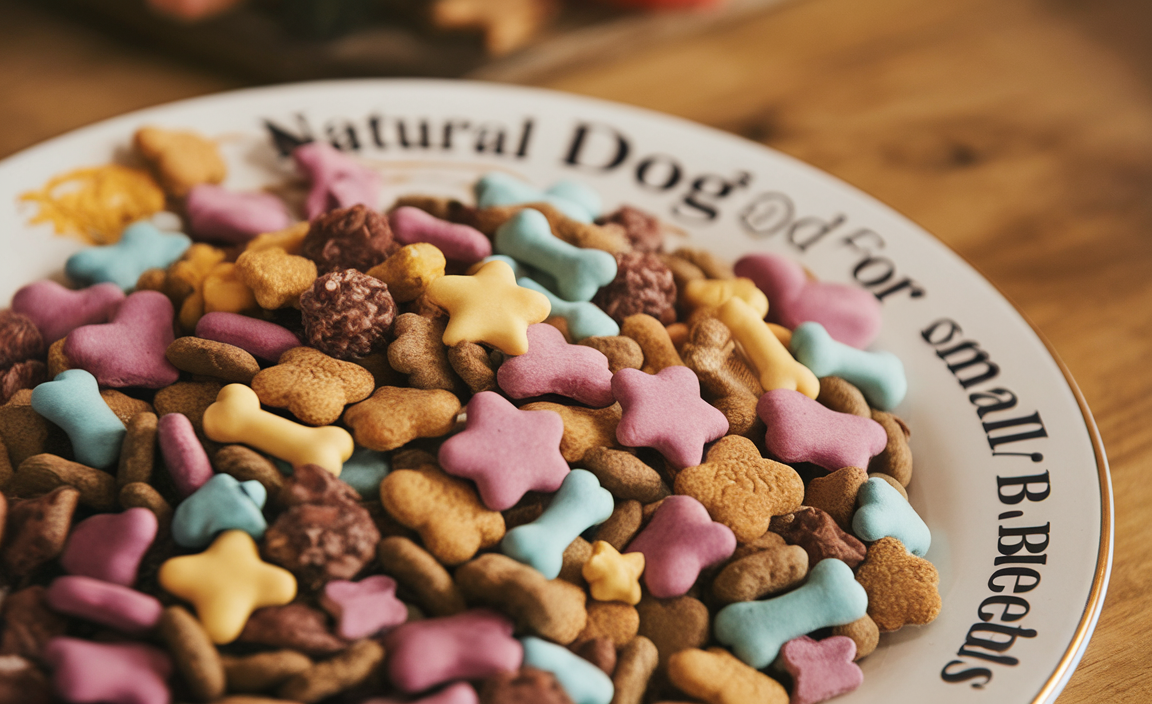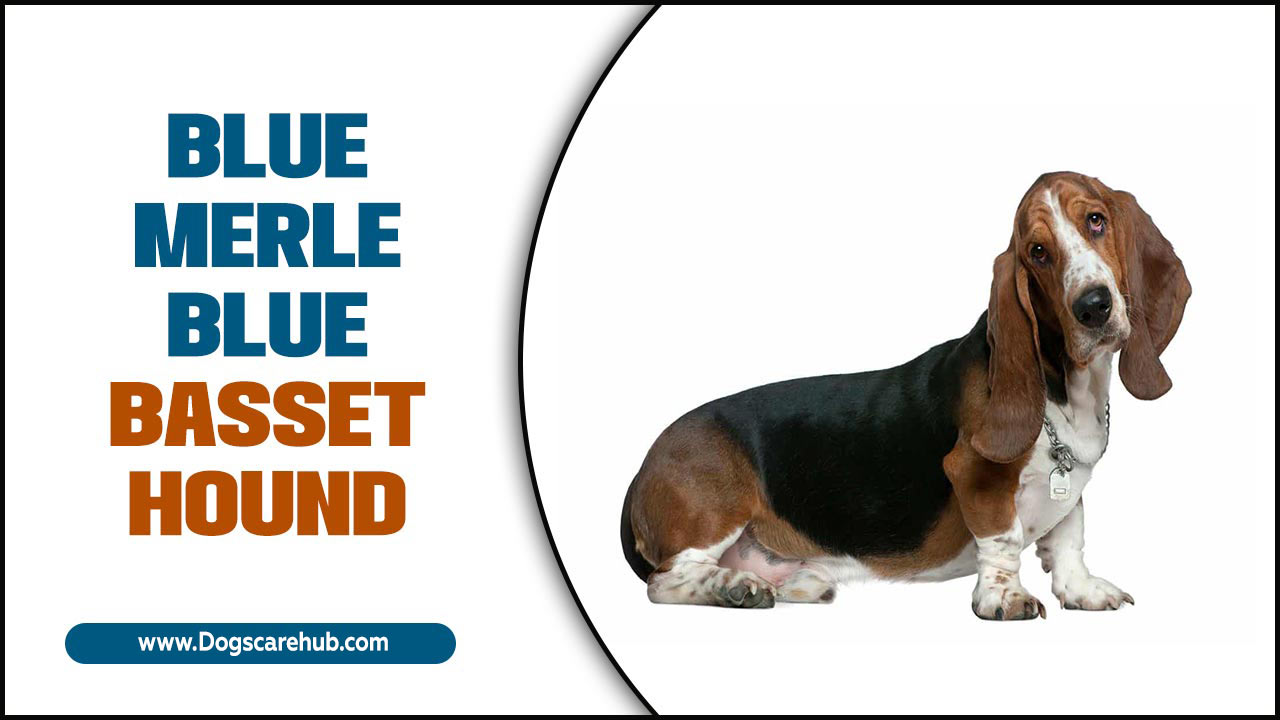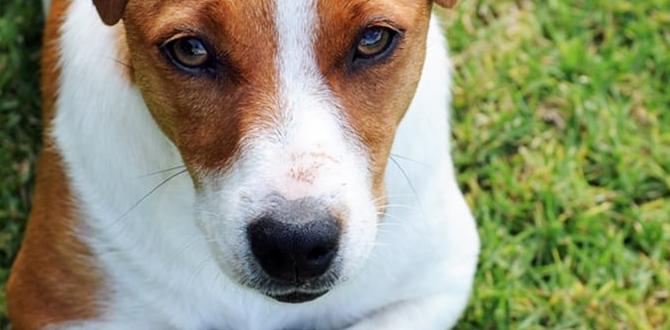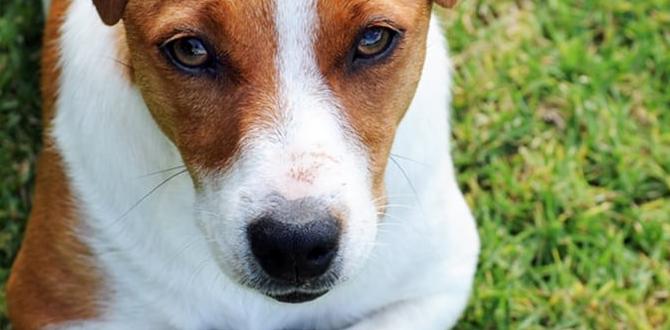Poodle Low-Fat Food: Affordable & Best Options for Your Prized Companion
Poodle low-fat food is a crucial consideration for owners of these intelligent and active dogs, particularly those who might be prone to weight gain or have specific dietary needs. Selecting the right nutrition doesn’t have to break the bank, and it’s entirely possible to find high-quality, low-fat cheap dog food for poodles that supports their long-term health and vitality. This guide delves into why a low-fat diet is beneficial for Poodles, what to look for in affordable options, and provides actionable advice for making smart choices.
Understanding the Poodle’s Nutritional Needs
Poodles, renowned for their diverse sizes (Standard, Miniature, and Toy) and their typically elegant physique, can have varying dietary requirements. While generally healthy, certain breeds, and individual Poodles, are genetically predisposed to certain health issues, including pancreatitis and obesity. Pancreatitis is an inflammation of the pancreas, which can be triggered or exacerbated by high-fat meals. Obesity, in turn, puts undue stress on their joints, can lead to diabetes, and generally reduces their quality of life. This is where a thoughtfully chosen low-fat diet becomes paramount.
A low-fat diet for a Poodle typically means a food with a fat content between 8-12% on a dry matter basis. However, it’s essential to remember that “low-fat” doesn’t mean “low-nutrient.” The food should still be rich in protein, essential fatty acids for coat health, vitamins, and minerals. The key is to find a balance that manages calorie intake and reduces the risk of fat-related health problems without compromising on the nutrients your Poodle needs to thrive.
What to Look for in Affordable Poodle Low-Fat Food
When embarking on the search for low-fat cheap dog food for poodles, don’t let the “cheap” deter you from quality. The goal is to find value, meaning a food that offers excellent nutrition at a reasonable price point. Here are the key components to scrutinize:
Protein Source: Look for high-quality animal protein as the first ingredient. This could be chicken, turkey, lamb, or fish. Avoid foods where the primary protein source is a vague “meat by-product” or plant-based proteins like corn gluten meal, which can be less digestible and provide fewer essential amino acids.
Carbohydrate Sources: Opt for complex carbohydrates like sweet potatoes, brown rice, barley, or oats. These provide sustained energy and fiber, aiding digestion. Avoid foods heavily reliant on fillers like corn, wheat, or soy, especially if your Poodle has sensitivities or allergies.
Fat Content: As mentioned, aim for a fat percentage in your chosen kibble that aligns with a low-fat recommendation. Check the guaranteed analysis on the packaging. Remember that different Poodle sizes and activity levels might require slight variations, so consult your veterinarian.
Fiber: Adequate fiber content is crucial for digestive health and can contribute to a feeling of fullness, helping to manage weight. Look for natural fiber sources like peas, carrots, and beet pulp.
Absence of Artificial Additives: Many affordable dog foods are laden with artificial colors, flavors, and preservatives. These offer no nutritional benefit and could potentially cause sensitivities in some dogs. Opt for foods that use natural preservatives like Vitamin E (tocopherols).
AAFCO Statement: Ensure the dog food meets the nutritional standards established by the Association of American Feed Control Officials (AAFCO). This indicates the food is “complete and balanced” for a specific life stage (e.g., adult maintenance).
Strategies for Finding Budget-Friendly Options
Finding the best low-fat cheap dog food for poodles involves a combination of informed choices and smart shopping strategies:
Compare Brands and Formulas: Don’t settle for the first brand you see. Research several reputable brands that offer specific low-fat or weight-management formulas. Many well-known brands have budget-friendly lines or offer excellent value in their standard formulas if they happen to meet your Poodle’s low-fat needs.
Consider Larger Bags: Often, buying larger bags of dog food offers a lower price per pound. If you have the storage space and your Poodle eats at a consistent rate, this can be a significant cost-saver. Ensure you store it properly to maintain freshness.
Shop Sales and Loyalty Programs: Many pet supply stores offer weekly sales, coupons, and loyalty programs. Signing up for these can result in substantial savings over time. Online retailers also frequently have discounts and subscription options that can lower recurring costs.
Look for “Weight Management” or “Sensitive Stomach” Formulas: While not always explicitly “low-fat,” these formulas are often formulated with reduced fat content and added fiber to support digestive health and weight control. They can be a good starting point for finding affordable, suitable options.
Consult Your Veterinarian: Your vet is your best resource. They can recommend specific brands or types of food based on your Poodle’s individual health, age, and activity level. They can also advise on what constitutes a truly beneficial low-fat percentage for your specific dog, helping you navigate the marketplace more effectively. They might even know of specific brands or formulas that offer good value.
Beyond Kibble: Supplements and Treats
When feeding a low-fat diet, it’s crucial to be mindful of any additional treats or supplements. High-calorie, high-fat treats can quickly undo the benefits of a carefully selected low-fat kibble. Opt for:
Low-fat commercial treats: Many brands offer specific low-fat treat options.
Vegetable-based treats: Small pieces of carrots, green beans, or apple (without seeds) can be healthy, low-calorie rewards.
Puzzle toys with kibble: Dispensing kibble through interactive toys can provide mental stimulation and slow down eating, making mealtime more engaging and less prone to overconsumption.
Always discuss any planned treats or supplements with your veterinarian to ensure they align with your Poodle’s low-fat diet and overall health plan.
In conclusion, providing your Poodle with a suitable low-fat diet is an investment in their long-term health and happiness. By understanding their nutritional needs, knowing what to look for in affordable dog food, and employing smart shopping strategies, you can confidently provide your cherished companion with the best nutrition without overspending. Remember that consistency and observation are key; monitor your Poodle’s weight, energy levels, and overall well-being to ensure the chosen food is indeed the best and most affordable option for them.
Meet Elyse Colburn, the devoted canine companion and storyteller behind the enchanting world of “Tales, Tails, and Adventures Unleashed.” A passionate dog enthusiast with a heart full of paw prints, Elyse Colburn shares heartwarming tales and insightful adventures, celebrating the joy, loyalty, and endless antics that make every dog a true hero. Join Elyse Colburn on this tail-wagging journey, where every post is a love letter to our four-legged friends.






